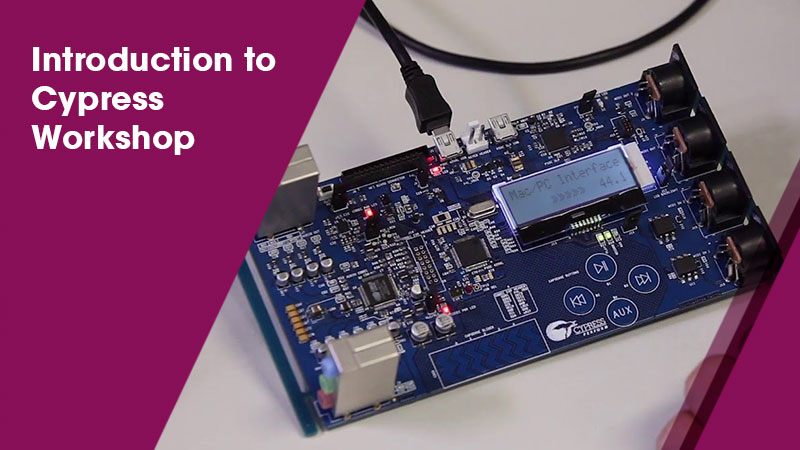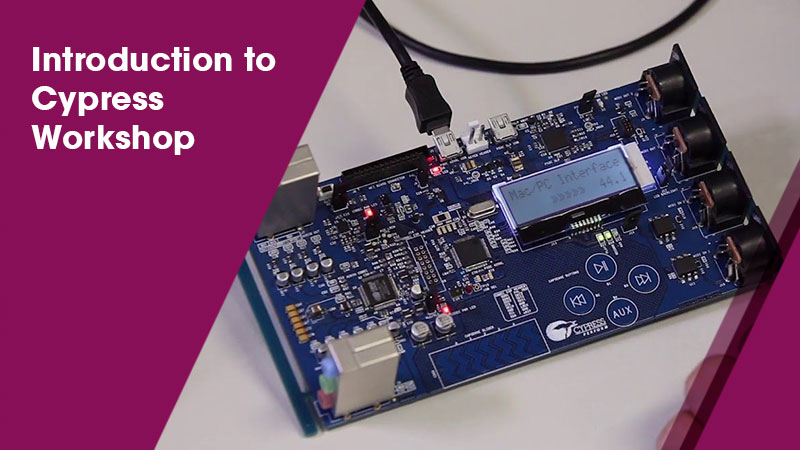About this course
The Introduction to Cypress Workshop is a hands-on training program designed to help developers, QA engineers, and test automation professionals quickly gain confidence with Cypress, one of the most popular modern end-to-end testing frameworks. Across this workshop, learners will be introduced to Cypress’s architecture, its strengths in automated browser testing, and its role within a broader testing strategy.
Unlike traditional testing tools, Cypress runs directly in the browser, providing real-time feedback, powerful debugging capabilities, and an intuitive developer experience. Participants will learn how to set up Cypress, write their first end-to-end tests, and gradually expand into more advanced topics such as fixtures, aliases, network stubbing, and configuration management.
The workshop emphasizes practical, real-world application. Learners will build multiple tests during the course—covering unit, integration, and end-to-end scenarios—so that by the end, they will have created a robust testing suite they can adapt to their own projects. The session also addresses common challenges such as flakiness, performance trade-offs, and testing strategy alignment with agile workflows.
Through guided instruction and interactive exercises, participants will leave with not only the technical skills to implement Cypress effectively but also the strategic understanding of when and how to use different testing approaches for maximum project impact.
Learning Objectives
By the end of this workshop, learners will be able to:
• Explain the architecture and core features of Cypress.
• Install, configure, and run Cypress in a project environment.
• Write and execute unit, integration, and end-to-end tests.
• Use Cypress features such as aliases, fixtures, and custom commands.
• Intercept and stub network requests for controlled test environments.
• Apply best practices to reduce test flakiness and improve reliability.
• Integrate Cypress tests into CI/CD pipelines.
Target Audience
• Frontend and full-stack developers interested in test automation.
• QA engineers and software testers transitioning to modern test tools.
• Agile teams looking to improve test coverage and reduce regression risks.
• Students or professionals new to automated testing frameworks.
Prerequisites
• Basic knowledge of JavaScript and web development.
• Familiarity with using npm/yarn and command-line tools.
• A development environment set up with Node.js installed.
• No prior Cypress experience is required.
Unlike traditional testing tools, Cypress runs directly in the browser, providing real-time feedback, powerful debugging capabilities, and an intuitive developer experience. Participants will learn how to set up Cypress, write their first end-to-end tests, and gradually expand into more advanced topics such as fixtures, aliases, network stubbing, and configuration management.
The workshop emphasizes practical, real-world application. Learners will build multiple tests during the course—covering unit, integration, and end-to-end scenarios—so that by the end, they will have created a robust testing suite they can adapt to their own projects. The session also addresses common challenges such as flakiness, performance trade-offs, and testing strategy alignment with agile workflows.
Through guided instruction and interactive exercises, participants will leave with not only the technical skills to implement Cypress effectively but also the strategic understanding of when and how to use different testing approaches for maximum project impact.
Learning Objectives
By the end of this workshop, learners will be able to:
• Explain the architecture and core features of Cypress.
• Install, configure, and run Cypress in a project environment.
• Write and execute unit, integration, and end-to-end tests.
• Use Cypress features such as aliases, fixtures, and custom commands.
• Intercept and stub network requests for controlled test environments.
• Apply best practices to reduce test flakiness and improve reliability.
• Integrate Cypress tests into CI/CD pipelines.
Target Audience
• Frontend and full-stack developers interested in test automation.
• QA engineers and software testers transitioning to modern test tools.
• Agile teams looking to improve test coverage and reduce regression risks.
• Students or professionals new to automated testing frameworks.
Prerequisites
• Basic knowledge of JavaScript and web development.
• Familiarity with using npm/yarn and command-line tools.
• A development environment set up with Node.js installed.
• No prior Cypress experience is required.
Introduction to Cypress Workshop
1 Parts
Introduction to Cypress Workshop
-

0
0 Reviews





